Iso certification for the MANUFACTURING Industry
From shipping out goods to distribution to retailers, Luke has helped manufacturing businesses offer high-quality products, consistently over time. Contact Luke to get your ISO certification for the manufacturing industry now!
Overview on ISO Certification for the manufacturing industry
The manufacturing industry is the industry that gave birth to these ISO standards. ISO 9001 is the most common one for manufacturers. They have repetitive processes, and therefore quality is generally the factor that differentiates the most between one manufacturer and another. Some entities, such as multinational corporations, get subcontractors to manufacture parts on their behalf, and more often than not, they ask for ISO 9001 certification, and nowadays, even ISO 14001 and ISO 45001.
Some of the most commonly used ISO certification for the manufacturing industry include:
ISO 9001: This standard specifies requirements for a manufacturing organisation’s quality management system (QMS). It outlines the processes and procedures that an organisation must follow to ensure that its products and services consistently meet customer requirements and regulatory standards.
ISO 14001: This standard specifies requirements for an environmental management system (EMS) in a manufacturing organisation. It outlines the processes and procedures that an organisation must follow to minimise the negative impact of its activities on the environment and to comply with regulatory requirements.
ISO 50001: This standard specifies requirements for an energy management system (EnMS) in a manufacturing organisation. It outlines the processes and procedures that an organisation must follow to improve energy efficiency and reduce energy consumption.
ISO 45001: This standard specifies requirements for a manufacturing organisation’s occupational health and safety management system (OHSMS). It outlines the processes and procedures that an organisation must follow to prevent accidents and injuries in the workplace.
The most important thing for manufacturers is to get systems right, reduce the reject rates, and ultimately reduce the cycle times and have clients happier. By producing with lesser reject rates, your organisation will experience less product wastage and save money on resources, such as human and utility resources, because manufacturing goods with wrong specifications will generate a lot of unnecessary waste.
Process checks, incoming goods inspections, and final goods inspections are just 3 elements of having the assurance that the quality of products reaches a standard. When systems are in place, new employees, namely quality controllers and operators, will already have the info they need through the management system that will enable them to understand how to perform different tasks that will output the same consistent level of products. Management systems are essential in creating training plans and driving consistency through the various ranks of a company. The training process, which is generally created by personnel working closely in forming the quality management system, will design the training process so lower-ranking individuals can efficiently execute different processes.
Overall, implementing ISO standards in a manufacturing organisation can help improve the efficiency and effectiveness of its operations, enhance customer satisfaction, and reduce the risk of legal and regulatory non-compliance.
Quality improvement will always give companies the upper hand when producing goods in a competitive environment. ISO 14001 and ISO 45001 will also give manufacturers a competitive edge over all other competing manufacturers, showing clients and other partnering businesses that they work better than others.
Be one of them; get your ISO certification for the manufacturing industry before others!
Superior Quality With Efficient ISO Systems


GET YOUR JOURNEY TO ISO CERTIFICATION FUNDED
As a Malta Enterprise approved advisor, Luke can help his clients reap the full benefits of currently available funding. Applicable to any business based in Malta, the Government of Malta’s current funding schemes have never been better. The precise amount depending on your company’s size and ownership structure.
For more information, simply get in touch for a free consultation session! Luke will help you to make the most of the best available funding incentives applicable to your business.

